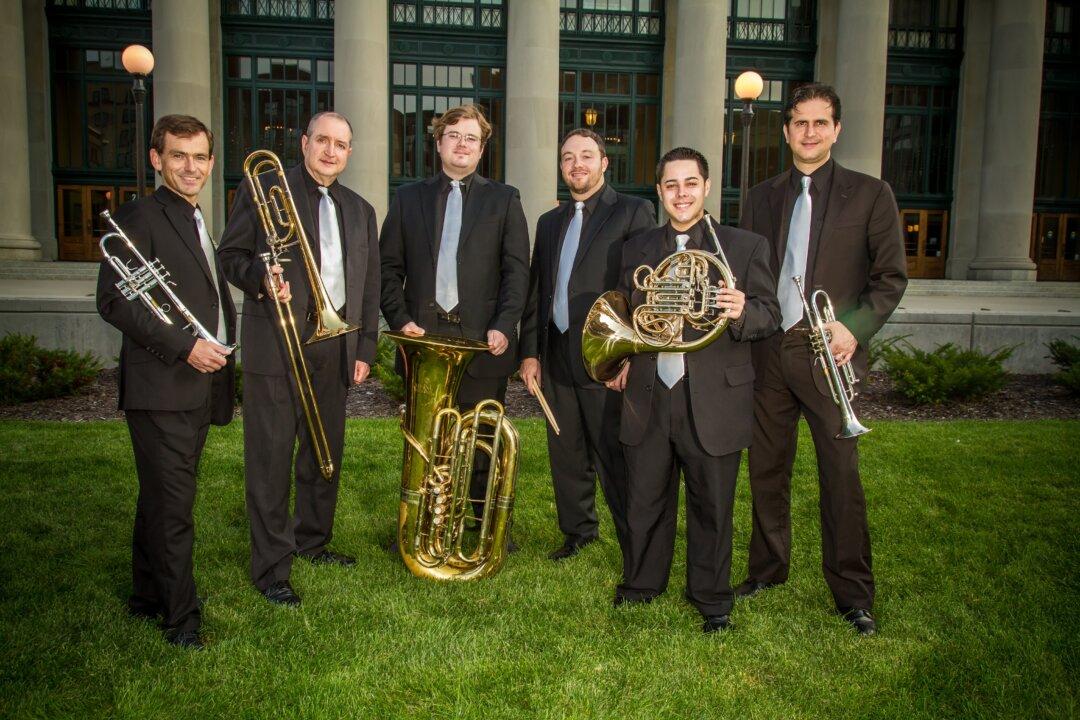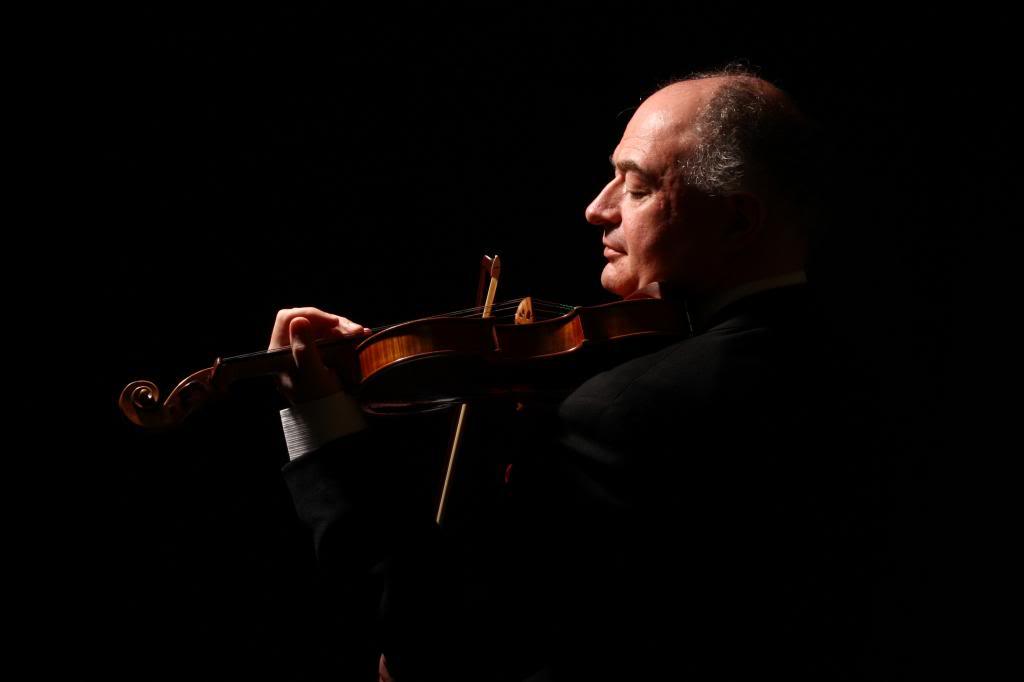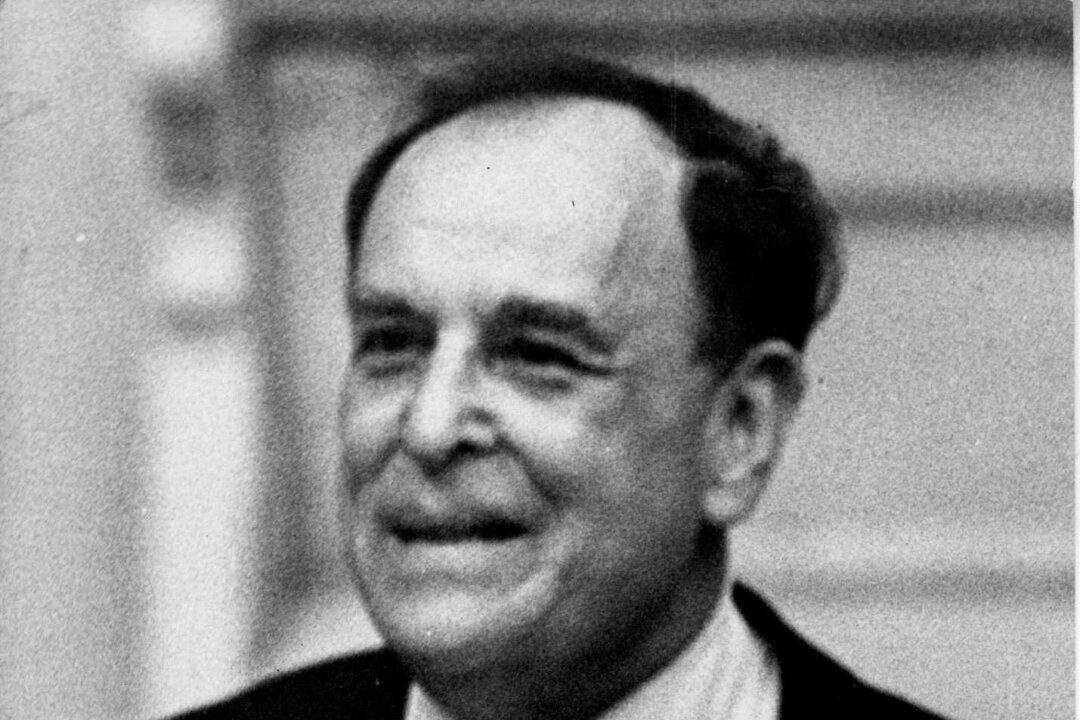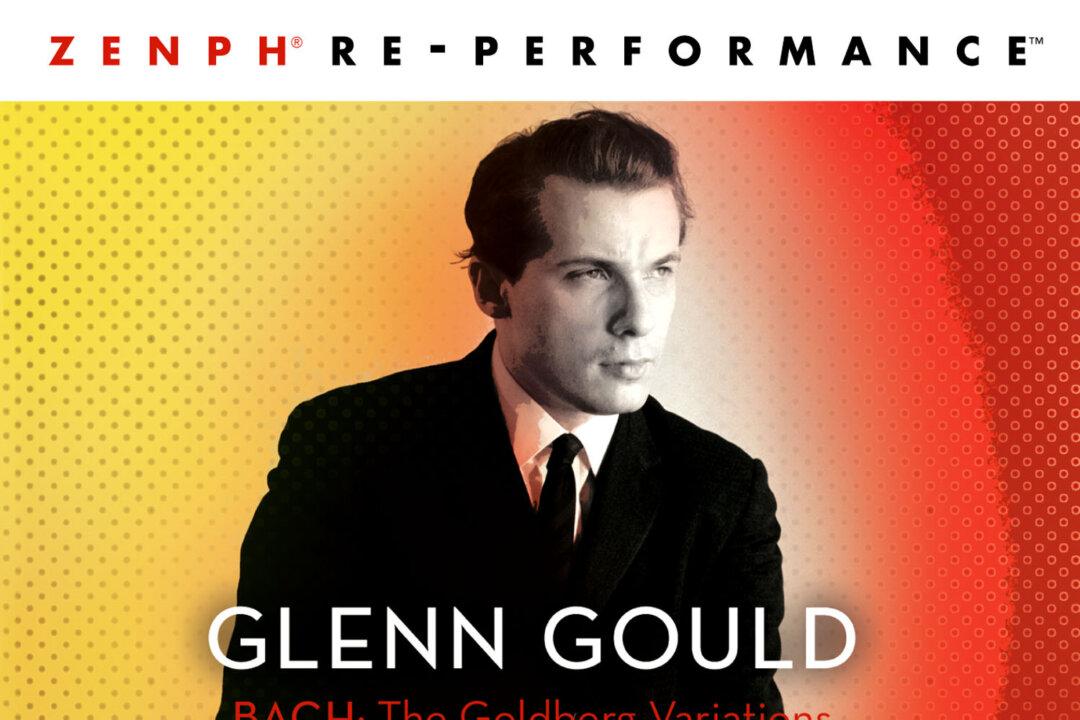“Silverstein’s playing was wonderful. He inspired all present and served as a reminder of the greatness of music,” said Elaine Skorodan, a colleague of mine. An excellent violinist herself and a former pupil of Heifetz, Elaine had heard Joseph Silverstein in concert last month at the Jascha Heifetz Symposium of Individual Style in Connecticut.
Mention the name of the great American violinist Joseph Silverstein to any string player and immediately the musician pours out accolades.
Silverstein, now in his 80s, is not only a great violinist—having served as concertmaster of the Boston Symphony Orchestra for decades, associate conductor of the same orchestra for years, and principal conductor of the Utah Symphony for over a decade—his great love for music imbues all he touches.
As if the above-mentioned posts were not enough, Silverstein has led the Boston Symphony Chamber Players and was an artist member of Chamber Music Society of Lincoln Center. He managed these positions while teaching violin at Yale University and at the Curtis Institute where he still teaches.
It doesn’t matter whether he wields a baton or bow; this legendary figure’s notoriety is justly deserved.
Joseph Silverstein trained first with his father, a violinist, from an early age. In the words of the great violinist, his father “was a most wonderful teacher and a very sensitive and intellectual man.”
Mr. Silverstein studied with Josef Gingold and Mischa Mischakoff, both prominent figures in the violin world.
For a time Mr. Silverstein studied with the Greek pedagogue Demitrus Dounis who had wonderful concepts concerning beautiful and natural development of violin technique along physiological principles.
(Dounis had been a medical doctor in his native Greece.)
One of Mr. Silverstein teachers was Efrem Zimbalist, the great Russian violinist, teacher, and long-time head of the Curtis Institute of Music. (Zimbalist also taught my father, the great violinist, Oscar Shumsky.)
Silverstein later worked with Richard Burgin, the famed concertmaster of the Boston Symphony Orchestra, before his own tenure with this very finest of American orchestras.
Playing in the Great Tradition
What is it about Silverstein’s playing which so captivates? Having heard him in several concerts including the Dvorak Violin Concerto and also in a solo concert in Alice Tully Hall Lincoln Center years back, I can confirm that he is a master of the violin from the golden age of playing.
In his hands the audience is not concerned with whether he will negotiate a difficult passage. That is a given, and his spectacular display of violinist ability is evident at once.
In keeping with the great tradition of golden age virtuosi, his playing is economy of motion. His bow does not thrash about. He stands still. For him less is more—much more, in its truest sense.
Mr. Silverstein has no time for cutesy movement, phony smiles, or distracting hype, which is characteristic of today’s Chromium Age of Fiddle Playing.
But today’s performers are not entirely at fault. We, the audience, like quick sound bites and our taste has evolved toward the Top Ten, Star Search Antics judged by people who don’t know much at all.
I would much rather take out my viola on the street informally or play for some good friends. It is more authentic.
Silverstein is one of the last musicians linked to the 19th century and early 20th century. To imagine the greats Joseph Silverstein met—after all, his teachers lived at a time when Alexander Glazunov was actively writing, Prokofiev was composing his Violin Concerti, and Tchaikovsky walked the streets—we must have reverence and respect for the sheer cultural influence these encounters must have had upon the musician.
The golden age was a time when the individuality of artists was at once recognizable by their own unique sound. It was a time of reverence and respect, a time when great musicians were humble in the face of their art.
Eric Shumsky is an American concert violist, chamber musician, and conductor.





